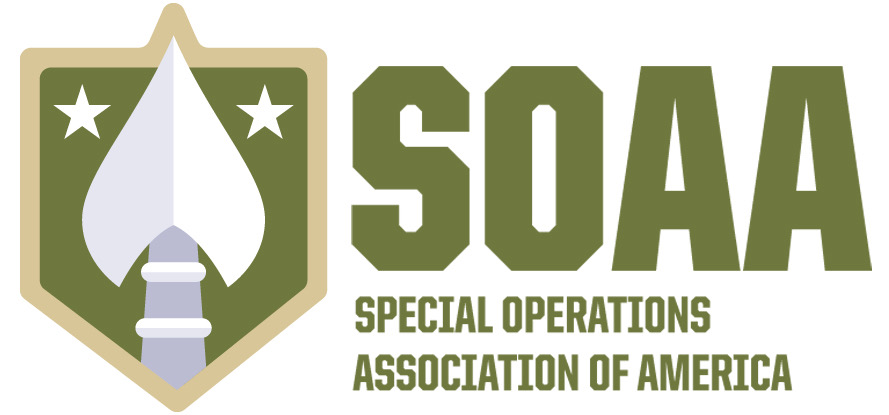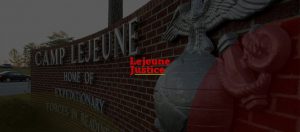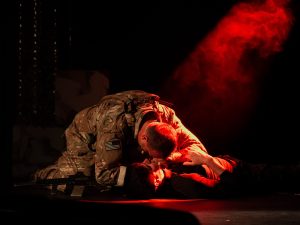The training operators receive is highly respected and trusted within the ranks of the armed forces. But is this training respected and rewarded in American higher education? As we see it: no. Depending on the MOS, operators easily have enough classroom instruction, practice and actual experience to start a Bachelor’s degree program as seniors within their area of expertise. So, what keeps colleges and universities from recognizing operators’ training and offering them accelerated programs?
This is a two-sided issue, and should you want to pursue your Bachelor’s degree in an area of study similar to your MOS, listen up. This is a problem everyone–that includes colleges and DoD–wants to solve. The institutional side of the problem is easy to judge from SOAA’s perspective: either the college is operator-friendly, or they are not. Institutions could already award more academic credit to operators–they just haven’t done the leg work to translate your MOS into academic credits. The more nuanced issue that determines whether an institution is operator-friendly is this: if they did the translation work, would the deans and faculty accept it? We can’t force a dean to accept the worthiness of your training; but we can call a spade and spade and take our GI Bill elsewhere.
Remember that “translate your MOS” part, though? This is where DoD comes into the picture. We can all agree that there are parts of our pipelines that should require security clearance to view. This is why in most cases colleges award academic credit to operators only in the form of a general electives. Colleges do not know the specific competencies of your MOS, so they cannot award credit toward your actual degree program.
Our operators are world-class warriors, technicians, doctors, programmers, strategists: you name the competency, and we are among the best. We were trained to be the best.
And while it is nice to skip over basket weaving with these general credits, the current state of things does not actually help you be any closer to completing your degree. We think this is ridiculous. Our operators are world-class warriors, technicians, doctors, programmers, strategists: you name the competency, and we are among the best. We were trained to be the best.
This is why SOAA has been working with DoD to do a more nuanced job at screening operators’ Programs of Instruction (POI): colleges and universities must have more information about operators’ training before they can defend giving operators substantial, degree-specific credits. Further, SOAA has advocated that DoD centralize their analysis efforts of POI, creating a database that has translated DoD’s terms for operators’ competencies to “Higher Education Talk,” so that colleges can reliably and quickly find and understand the merits of operators’ training in the context of their curricula.
The day is approaching when operators’ training is no longer overlooked by American higher education. There are multiple careers and civil pursuits possible for operators. SOAA is spearheading the efforts to make it a reality for operators to transition into their careers, get their degrees and not have to prove themselves when they shouldn’t have to.





